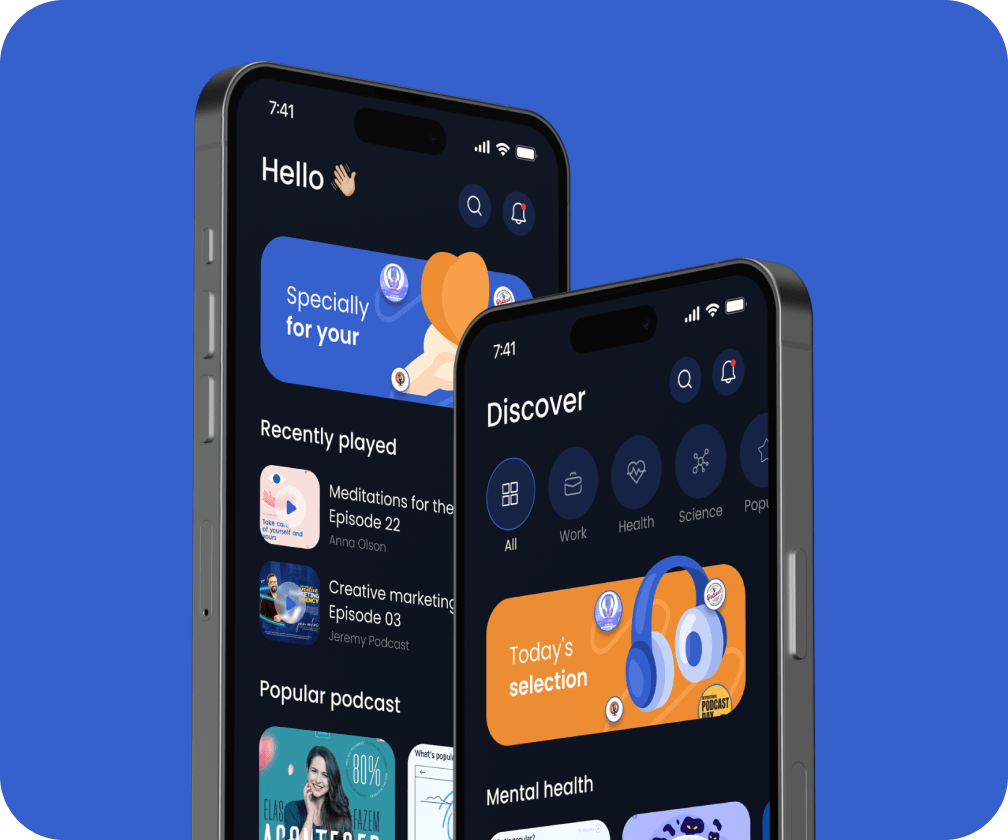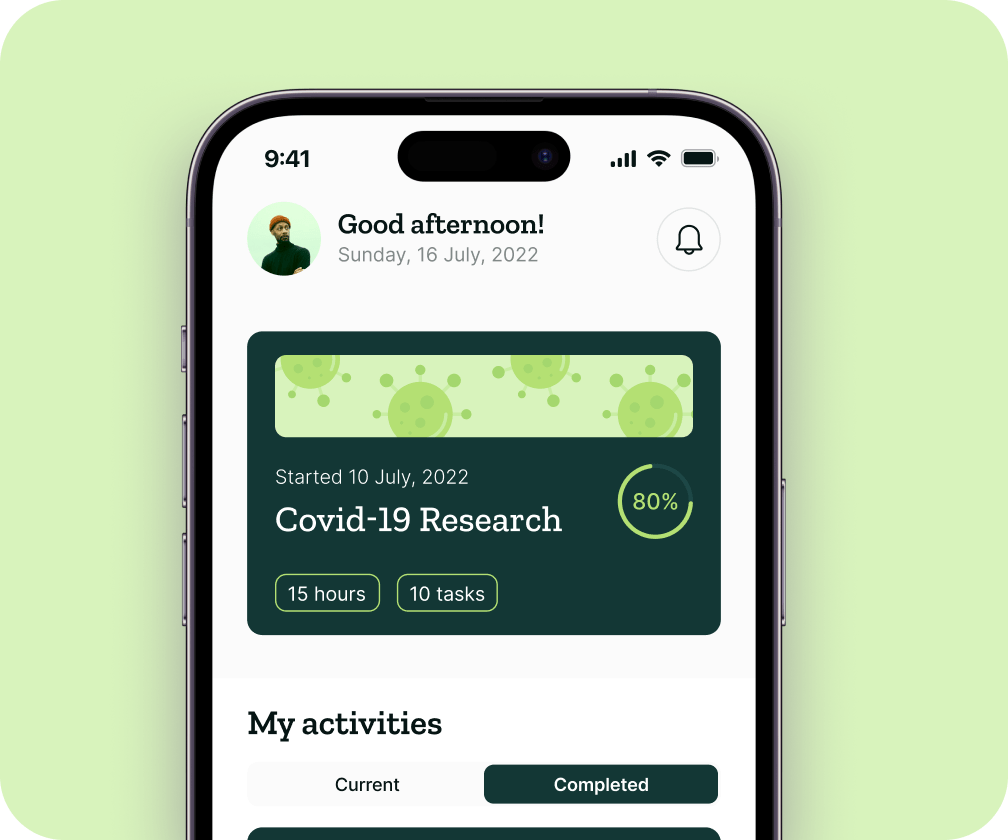This website uses cookies so that we can provide you with the best user experience possible. Cookie information is stored in your browser and performs functions such as recognising you when you return to our website and helping our team to understand which sections of the website you find most interesting and useful.
iOS, Swift
Partnering With Our Company for iOS & Swift Development
Expertise in iOS, Swift
Our company boasts certified developers with a proven track record in iOS, Swift development. Our team possesses the knowledge and skills to produce original and results-driven applications that cater to your company’s specific demands.
Comprehensive Development Services
We provide comprehensive app design and development solutions, from the inception of the concept to the concluding deployment. Our unwavering commitment to quality evaluation and thorough testing ensures your app adheres to the utmost performance and user experience benchmarks.
Post-launch Support and Maintenance
We understand that ongoing support and maintenance are crucial to the success of any mobile application. Our customer-focused approach includes regular updates, improvements, and prompt issue resolution to keep your app running smoothly and efficiently.
Proactive Collaboration and Communication
Our company emphasizes transparent and open communication during the development process, ensuring your vision and requirements are precisely realized in the final product. We actively engage with you throughout each project phase, aligning the app with your expectations and objectives. This robust partnership cultivates trust, promotes feedback, and ultimately results in a more fruitful and gratifying outcome.
Swift vs Dart
Dart was specifically designed for use with Flutter. Meanwhile, Swift was created by Apple and is primarily used for iOS and macOS development. Swift’s performance advantage is attributed to its native integration with Apple’s operating systems. The readability and ease of use of Swift are notable characteristics of the language.
Due to its optimization for Flutter, Dart is an ideal choice for building cross-platform mobile applications. Easier writing and modification of code are possible due to the language’s flexibility. Overall, when comparing Dart and Swift, it depends on the specific needs of the project. If you’re developing an iOS app, Swift is the clear winner. However, when developing a cross-platform mobile app, Dart with Flutter might be the preferable choice.
Swift vs React Native
When comparing Swift to React Native, Swift emerges as the winner due to its native performance, stability, and strong support from Apple. As the official language for iOS development, Swift benefits from Apple’s continuous updates and optimizations, ensuring a seamless development experience.
Swift also provides better access to native device features and offers superior performance compared to React Native, which relies on a JavaScript bridge to communicate with native components. While React Native provides the advantage of cross-platform development, its performance limitations and dependency on a third-party ecosystem make Swift the stronger choice for building high-quality iOS applications.
Swift vs Ionic
In a comparison between Swift and Ionic, Swift is the clear winner. As a native language for iOS development, Swift offers superior performance, more direct access to device features, and enjoys strong support from Apple. Ionic is a hybrid app development framework that uses web technologies such as HTML, CSS, and JavaScript to build mobile applications.
While Ionic allows for faster and easier cross-platform development, its reliance on web views can lead to suboptimal performance and a less native-like user experience. Furthermore, hybrid apps built with Ionic may encounter compatibility issues when accessing specific device functionalities. For these reasons, Swift is the better choice for developing high-quality, native iOS applications.
Why Businesses Should Choose iOS and Swift for Mobile App Development
High-Quality Standards
Apple maintains strict quality standards for apps on the App Store. To develop high-quality applications that stand out from the competition, your business can use Swift and adhere to Apple’s guidelines. Having well-crafted apps increases the likelihood of being featured on the App Store, leading to greater visibility and downloads.
Future-Proof Technology
Swift is an open-source language with a strong, growing community that actively contributes to its improvement. This helps to keep the language up-to-date with the most recent advancements and trends in the software development world. Using Swift for your iOS app development provides your business with a future-proof technology that will remain relevant and continue to evolve for years to come.
Comprehensive Ecosystem
Simplifying and streamlining the app development process is possible with the ample tools, libraries, and resources available in the Swift ecosystem. Developers can access the resources they require more easily, leading to more efficient and higher-quality app development.
Smooth App Performance
Swift’s high-performance capabilities enable developers to create apps that run smoothly and efficiently, providing a superior user experience. Swift’s optimized code, memory management, and native performance features allow apps to load quickly, respond swiftly to user input, and perform well even with heavy usage.


